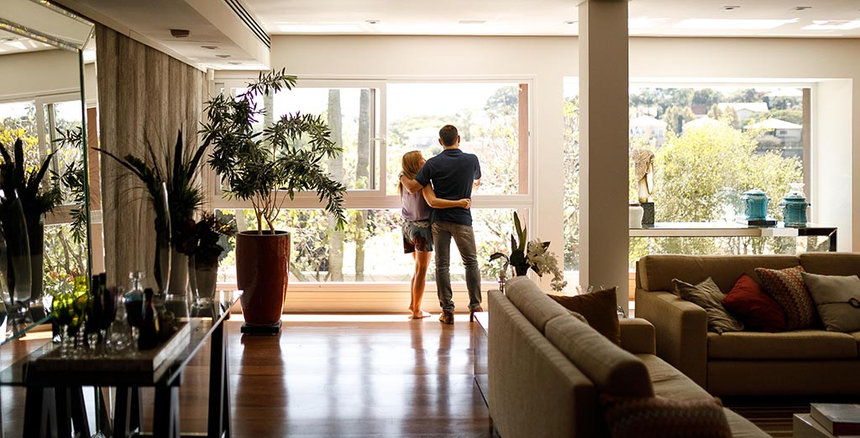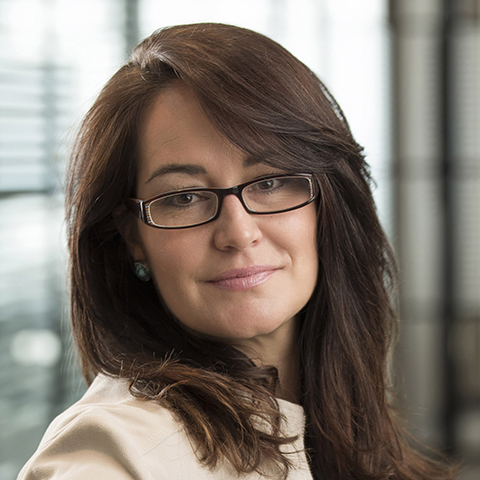
The impact of Covid-19 on the world of work
The world of work is being profoundly impacted by the Coronavirus. Leaders must adapt to the 'new norm', but what does that entail? And what's required from businesses to deliver and thrive? Our People and Organisation Development team share their views.
Our podcast: Upholding culture during the time of coronavirus
Listen to the podcast
How do corporates preserve their culture, and their organisational identity in this digitally driven, remote world? It's a question that Investec has been grappling with, and want to provide some tips for other businesses navigating the same conundrum. Dr Marc Kahn, global head of people and organisation at Investec leads our discussion.
Video: Leadership during COVID-19
The crisis and the subsequent lockdown means that the requirements and expectations of leaders have changed. A high degree of empathy and understanding of each individual's circumstances is crucial as workers are forced to navigate working from home, uncertainty of position and place, high levels of anxiety and feelings of vulnerability.
The crisis and the subsequent lockdown means that the requirements and expectations of leaders have changed. A high degree of empathy and understanding of each individual's circumstances is crucial as workers are forced to navigate working from home, uncertainty of position and place, high levels of anxiety and feelings of vulnerability.
Shifts in recruitment practices, working hours, leadership requirements, and how corporates value and reward employees are just some of the things Investec leaders predict will change in the working world post Covid-19.
Shifts in recruitment practices, working hours, leadership requirements, and how corporates value and reward employees are just some of the things Investec leaders predict will change in the working world post Covid-19.

From private banking to wealth management and investment services, you can receive tailored financial solutions, whether you are aiming to actively grow your wealth or seek optimal returns on your capital. We can help fuel your success by building a relationship with you for the long term.

Access a comprehensive range of solutions spanning capital, advice and treasury risk management. As an international corporate and investment banking business, we work with growth-orientated companies, institutions and private equity funds.

Whatever your clients’ goals and ambitions, our flexible range of intuitive, market-leading products and services help you deliver on their needs, enhance your reputation and reduce your admin burden, freeing up more time for you to focus on financial planning.
Browse further in




